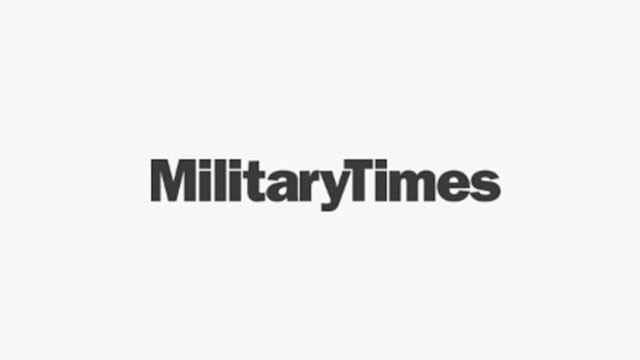source GAIA package: Sx_MilitaryTimes_M6201110110060308_5675.zip Origin key: Sx_MilitaryTimes_M6201110110060308 imported at Fri Jan 8 18:18:05 2016
Bank fees
12 tips for managing fees The banks' explanation On-base banks (charts)
More than half of all banks with exclusive agreements to operate on military bases charged above-average annual fees on deposit accounts in 2010, according to a Military Times analysis — some more than seven times the $60 national average.
The fees can include everything from minimum balance and ATM fees to charges for transferring money from one account to another — even from an account that's meant to provide overdraft protection.
Consumer advocates warn that banks are likely to raise fees in the coming months to make up for lost revenue from new federal limitations.
Executives at on-base banks said the fees were justified by unique requirements of operating at military installations.
But Washington, D.C-based attorney and soldiers' advocate Joe Reeder contends that banks and credit unions with on-base operating agreements should be permitted to charge interest only on overdrafts — whatever amount is adequate to meet the bank's margin of profit.
Reeder, who served as undersecretary of the Army from 1993 to 1997, now specializes in commercial litigation and government contracts among other areas, and he has been working to convince service officials to require on-base banks to lower their fees.
He calls a flat overdraft fee of $25 "exorbitant."
Instead, Reeder says, banks should "extend a reasonably priced overdraft line of credit to those service members whose credit is good … no matter the loan size or duration. And if their credit is not good, don't allow the overdraft, much less the exorbitant overdraft fee. Don't put someone [who's] hurting deeper into a hole with a crippling fee."
Officials at the four banks with the highest average fees charged to deposit accounts — ranging from $393 to $562 a year — caution that you can't judge banks by such averages because their unique markets, customers and business models all affect the numbers.
Financial education
Some checking accounts have more 50 or more types of fees, according to the nonprofit Pew Charitable Trusts.
Overdraft fees — charged when a check, debit, ATM or other transaction overdraws an account — have become a big concern of consumer advocates, and it's not just the one-time fees but also the number of times they're charged.
One-time overdraft fees are actually lower than the national median of $35 at the four on-base banks with the highest average fees — but like many banks and credit unions, those banks can charge multiple overdraft fees in a single day.
An Army analysis showed that the average one-time overdraft fees at banks and credit unions operating on Army posts is about $26, said John Argodale, deputy assistant secretary of the Army for financial operations. The fees ranged from $18 to $35 at on-base institutions.
The services' operating agreements with on-base banks don't regulate how many times in a day the fees can be charged; military officials defer to federal regulations, which do not impose limitations.
The process is different for overseas banks, where Bank of America's contract to operate DoD Community Bank limits the fees that can be charged. The overdraft fee is currently $20 but doesn't apply when a customer is signed up for overdraft protection, such as a link to a savings account or a line of credit, said Tom LaRock, spokes-man for the Defense Finance and Accounting Service.
There is no overdraft fee on debit transactions; if a customer has insufficient funds, the transaction is declined. This overdraft policy on debit cards applies to all Bank of America branches, including those on 17 military bases in the U.S.
Overdrafts can be costly
One-quarter of active-duty spouses who responded to a 2008 Defense Department survey said they had paid overdraft fees to their bank or credit union two or more times in the previous 12 months. That tracks with a 2008 study by the FDIC that found that almost 75 percent of customer accounts had no insufficient funds transactions during the 12-month period examined.
The FDIC study noted that if a customer incurred a $27 overdraft fee on a $20 debit overdraft and repaid it in two weeks, the effective annual percentage rate would be 3,520 percent.
Officials with the military relief societies haven't seen chronic problems with overdraft fees.
"We see some problems, but there's been no specific spike. It's a standard practice, but that doesn't make it palatable," said John Alexander, spokesman for Navy-Marine Corps Relief Society.
"It's not isolated to military banks and credit unions, or to those that aren't on base," he said. "It's not something new. And it's not illegal."
It all comes down to your choices. By being responsible in choosing where you bank — on base or off — and in monitoring your account balances, you can avoid most fees.





